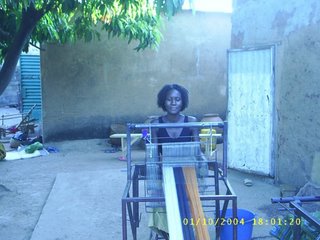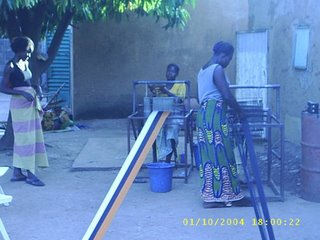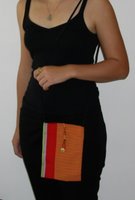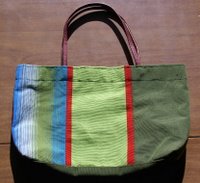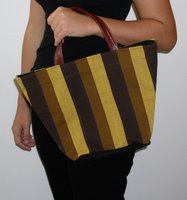Friday, October 13 at 5-10pm
Saturday, October 14 at 12-7pm
Sunday, October 15 at 12-5pm
Northwestern Bldg (#3 on map)
275 E 4th St, St Paul
Room 600
Saturday, October 14 at 12-7pm
Sunday, October 15 at 12-5pm
Northwestern Bldg (#3 on map)
275 E 4th St, St Paul
Room 600


We will again be sharing the room with Fair Trade Federation member Alsadu, Inc. Invite your friends.
